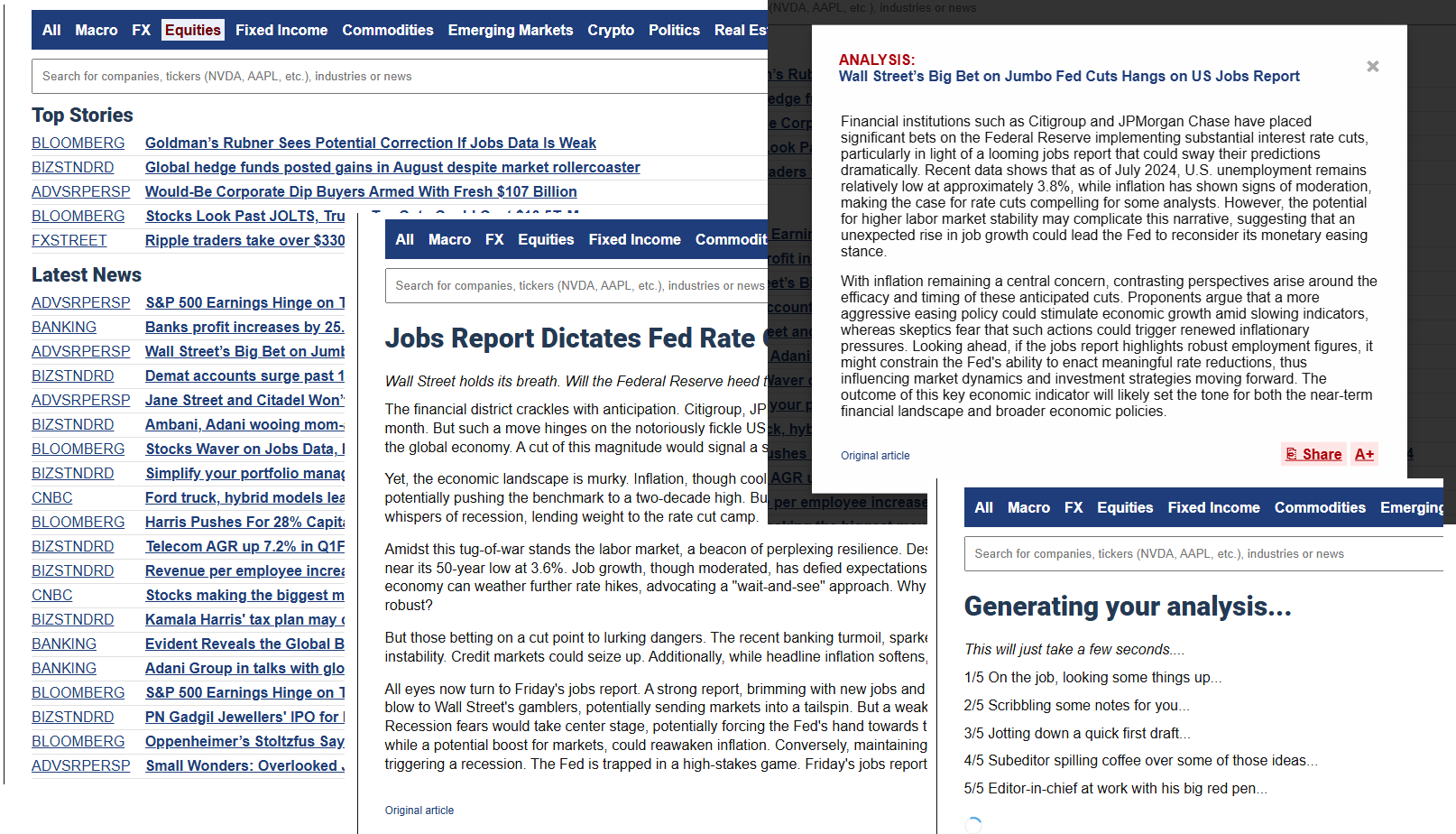eBay Faces Fierce Competition and Economic Challenges
eBay, once a trailblazer in online commerce, finds itself at a crossroads as it navigates an increasingly competitive and challenging market environment. The latest quarterly earnings report from eBay revealed a complex scenario: while the company's earnings surpassed analysts' expectations, the optimism was dampened by a lackluster forecast for the upcoming holiday season. This period, traditionally a peak for retail sales, failed to meet expected projections, casting doubts on eBay's ability to compete effectively with industry giants like Amazon and Walmart.
Investors' apprehensions about eBay's growth prospects were quickly mirrored in after-hours trading, where a noticeable dip in the company's stock price occurred. The e-commerce domain is fiercely competitive, with stalwarts like Amazon relentlessly innovating and newcomers such as Temu capturing market share through aggressive pricing strategies. In response, eBay has taken strategic steps aimed at carving out a niche, such as eliminating fees for private sellers in the UK to fend off rivals like Depop and Vinted. Targeting niche markets could potentially offer eBay a unique position; however, converting these strategies into sustainable growth represents a significant challenge.
eBay's venture into second-hand and niche markets is underscored by its acquisition of the NFT marketplace KnownOrigin, signaling a shift toward distinctive selling propositions. Yet, the recent closure of KnownOrigin illustrates the difficulties eBay faces in balancing innovation with effective risk management in volatile and emerging sectors like NFTs. Besides the competitive e-commerce landscape, eBay must also tackle macroeconomic challenges that add layers of complexity to its operations.
External economic factors, including political events such as the upcoming U.S. presidential election, introduce additional uncertainty. Mark Dowding of RBC BlueBay Asset Management suggests that a victory for former President Donald Trump could shift economic dynamics significantly, potentially steepening the yield curve and necessitating Federal Reserve interest rate adjustments. Such changes could influence consumer purchasing power, directly affecting retail activity on platforms like eBay.
Inflationary pressures compound these challenges, possibly requiring further adjustments in the Fed's monetary policy, thus creating more uncertainty for eBay's strategic roadmap. Beyond operational concerns, eBay also grapples with perceptions of its strategies and brand image. Its recent decision to ban the private sale of e-bikes in the UK highlights growing safety and compliance concerns, which, while aligning with consumer protection trends, could alienate sellers with a focus on eco-friendly products.
On the broader financial stage, firms like RBC BlueBay Asset Management are adjusting strategies to capitalize on emerging opportunities, exemplified by their growth in private credit investments. These adaptations provide strategic insights eBay could find beneficial. As eBay recalibrates, focusing on evolving consumer trends and investing in emerging markets could rejuvenate its market position and counteract competitive pressures. RBC BlueBay's moves into emerging debt markets reflect the importance of strategic adaptability during economic volatility. These lessons could be crucial for eBay as it faces its current challenges.
IKEA's introduction of a second-hand resale platform presents a direct challenge to eBay's market position. IKEA's peer-to-peer sales initiative underscores the increasing popularity of second-hand markets, areas where eBay once led. To maintain competitiveness, eBay must demonstrate agility and prioritize consumer-centric innovations. Dynamic pricing options might help align eBay's offerings with consumer expectations during fluctuating economic conditions.
Although hurdles exist, some investors remain bullish on eBay's future. Analysts at Jefferies, for example, forecast accelerated growth, highlighting a gap between market expectations and the company's recent performance. Leveraging its strong brand equity and adopting technological advancements could be pivotal in achieving sustained growth for eBay. Insights from former executives, now in leadership roles at firms like Toss Securities, might provide valuable perspectives for eBay's strategic realignments.
Global trends highlight eBay's push into emerging markets as potentially key to offsetting sluggish growth in domestic arenas. Engaging with economically expanding regions might provide alternative revenue streams. Embracing technological advancements to address logistical and operational challenges will be essential. Such a multifaceted approach is necessary as eBay works to neutralize competitive threats and navigate economic uncertainties.
The evolving narrative of eBay captures the inherent complexities within the digital commerce sector. As the company combats both established and nascent competitors, leveraging economic indicators, such as currency fluctuations and regulatory changes, can enhance its strategic capabilities. By aligning its core offerings with evolving consumer demands while ensuring operational efficiency, eBay holds the potential to chart a course toward renewed success amid persistent economic and competitive pressures.
AI-Powered trading insights: join our email list
Real-Time Market Analysis
Get instant insights on market trends, news impact, and trading opportunities.

